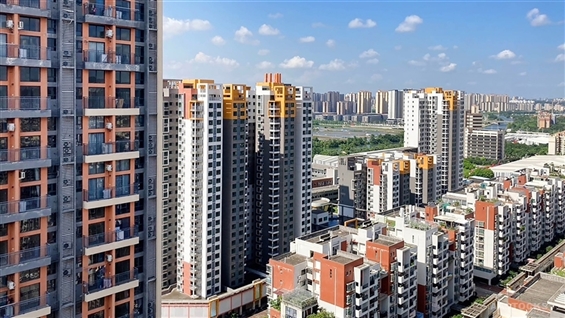




Hong Kong's IPO market is experiencing a notable revival, highlighted by the recent debut of Chinese cosmetics firm Mao Geping, whose shares surged 70% to HK$51 on its first day of trading. The IPO was met with overwhelming demand, being oversubscribed 918 times by retail investors and 29 times by international investors, which reflects a growing confidence in the market. This successful offering values the company at approximately US$1.8 billion [620cc4a6].
The involvement of local billionaires, such as Robert Ng Chee Siong of Sino Land and Henry Cheng Kar-shun of New World Development, has also been pivotal in revitalizing the IPO landscape. They were cornerstone investors in SF Holding's US$793 million IPO, marking a significant return of prominent investors since 2022. This IPO aims to fund SF's overseas logistics network and could become the second-largest offering in Hong Kong this year [5bd1fafe].
Overall, the fundraising volume for Hong Kong IPOs has surged by 92% in 2024, reaching US$9.1 billion, indicating a potential turnaround in investor sentiment. However, caution remains prevalent, as only one IPO exceeding US$1 billion has occurred this year. Upcoming IPOs, including Dmall and second listings from Foshan Haitian and Jiangsu Hengrui Pharmaceuticals, will be closely monitored to assess ongoing interest in the market [5bd1fafe].
In the broader economic context, Goldman Sachs analysts have noted that while recent government stimulus measures have provided some support, risks for China's property sector persist. The property market remains weak, and the new funding measures are seen as insufficient to counteract a sustained decline. Additionally, concerns about oversupply in China's industrial and manufacturing sectors are rising, with increasing output and falling prices [0efa75d6].
China Vanke, one of the largest property developers in the country, has secured a significant syndicated loan of RMB20 billion ($3.1 billion) from China Merchants Bank and other financial institutions, part of government efforts to support the struggling property sector [04c4c771]. However, despite banks approving over RMB900 billion in loans for 'white list' projects, the actual investment remains low, highlighting ongoing challenges in the sector [04c4c771].
Moreover, JD.com's property unit, Jingdong Property, has postponed its Hong Kong IPO plan due to the downturn in the mainland real estate industry, reflecting the cautious sentiment surrounding new listings in the region [f3e52437]. As the market evolves, the involvement of local tycoons and successful IPOs like Mao Geping's may play a crucial role in shaping investor confidence and revitalizing the Hong Kong IPO landscape [5bd1fafe][620cc4a6].